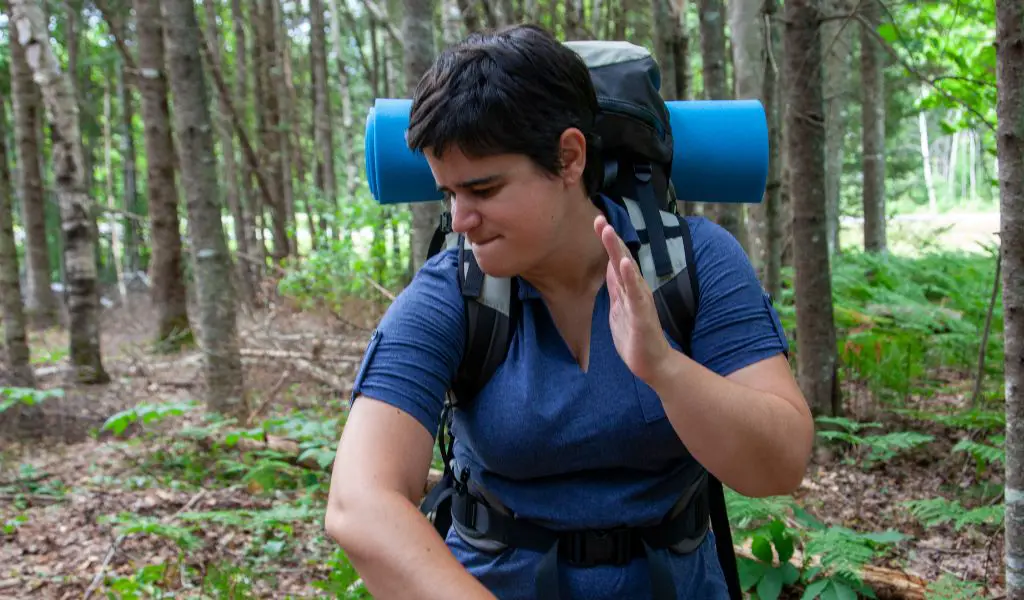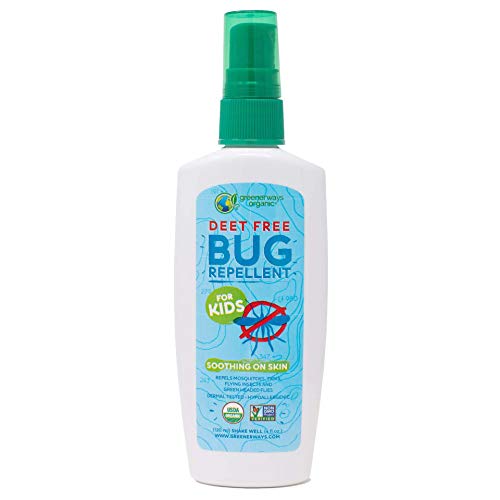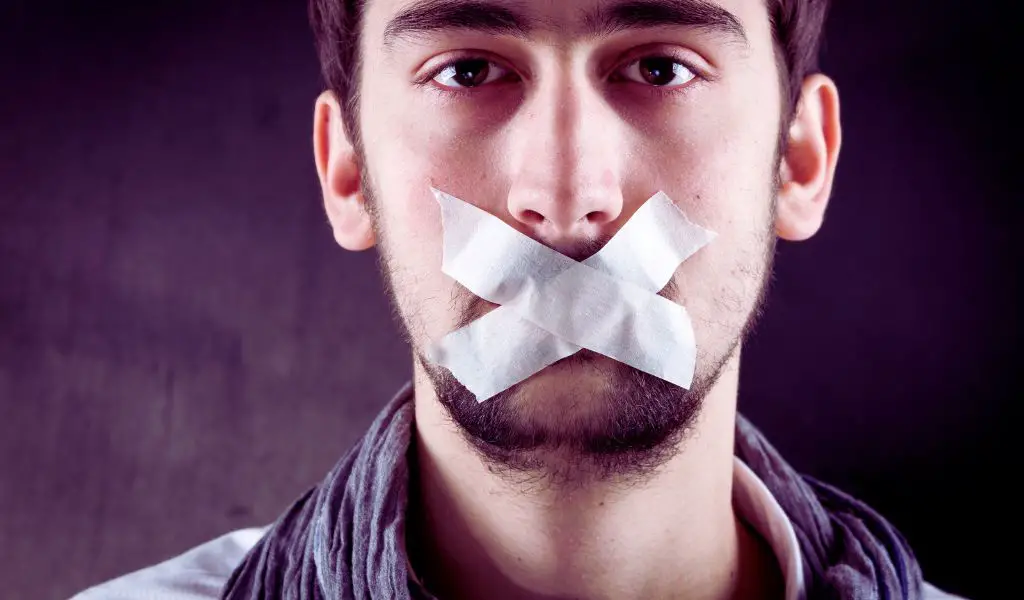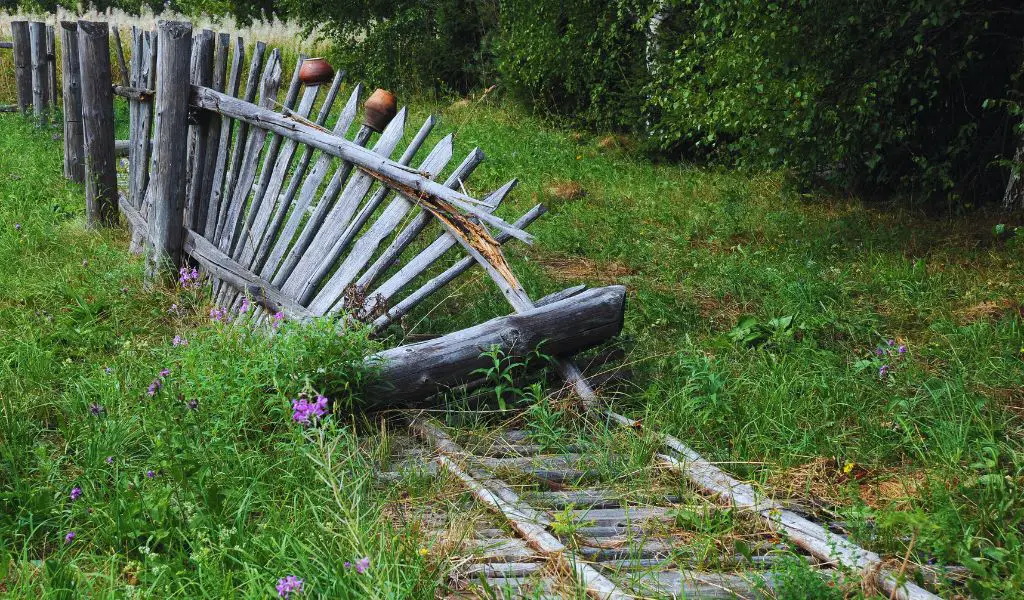Mosquitoes are a part of life, but when you’re camping they can be the bane of your existence.
These pests can be especially annoying to deal with if you don’t know what to do about them.
They can carry diseases that can threaten your health and, in the best case, they bite resulting in irritable lumps that are enough to ruin even the most determined camper’s vacation.
Spraying yourself with an insect repellent is a good way to minimise mosquito activity. You can also make sure that in the evening and at night, when they are most active, that you wear long pants and sleeves. Having a campfire, using citronella candles and keeping your tent closed are also good ways to reduce the risk of mosquitoes.
Make camp away from water sources
Mosquitoes like water, particularly still, stagnant sources, where they lay eggs and breed.
You should try to avoid setting up camp anywhere close to water, this can include containers that hold water, such as barrels and other places where rainwater can collect.
Ponds and swampy, damp land are often areas that are highly populated with this insect.
Avoid these areas if possible and setup your camp on higher ground which will likely be drier and more exposed to the wind.
Use an insect repellent
This is the main method that most people turn to when they have a mosquito problem.
Using an insect repellent is one of the best methods to prevent them from attacking you and will assist in keeping you as comfortable as possible during your trip.
There are many different brands and types of insect repellents available on the market, some are more effective than others however not all contain DEET which provides the strongest protection.
DEET based insect repellents should be used with caution since too much can cause irritation not only for you but also anyone else who might come into contact with it, such as children.
Some individuals may react to DEET so read up on any precautions about using this product before applying it.
In some countries DEET is banned although in the USA the EPA have determined that DEET containing products are safe for use.
Having a campfire can keep mosquitos away
A fire will help to keep mosquitoes away. The smoke from the fire acts as a deterrent to most bugs and insects.
It is also a great feature for any campsite providing you act responsibly and locate it a safe distance away from your tent or other accommodation.
Insect repellent candles can help repel mosquitos
Another good way to repel pests is with citronella candles.
They work by emitting an oil that most insects hate, including mosquitos.
For maximum effect ignite the candle when it’s windy and any open flame should be moved away from tents and other flammable materials immediately after use.
You can also buy small lamp oil sprays specifically designed to provide protection against biting insects such as mosquitos while indoors or outside of the home.
These products are usually sold in hardware stores for around $3 per bottle.
Tent screens and mosquito coils
Many people use nets to cover their tents, these can be purchased online or from camping stores.
You might also want to consider using a mosquito coil which is a type of incense that emits an oil that mosquitos hate but humans can tolerate well.
These are effective at keeping mosquitos away however they smell strongly and the scent often lingers, so you should use them sparingly.
Mosquito coils can usually be bought online, as well as from some outdoor sport retailers; the price varies according to size and brand.
Clothes you wear outside make a difference too
When it comes to getting protection from mosquitoes there are a number of things that you can do.
Wearing long pants and sleeves is the best way to avoid mosquito bites, particularly at dusk and as it gets dark.
Wearing a hat can help to protect your head and face too.
Keep your tent or camper closed
Most mosquito activity takes place after dark and having biting bugs in your tent or RV when you are trying to sleep is unpleasant.
Try to keep your doors and windows closed, particularly at dusk and after dark.
If you have a mesh inner door and mesh windows then you can leave these open to allow air to pass through the tent for ventilation ( useful on warm nights ) and a good idea is to spray this mesh with insect repellent to increase the effect.
Lights and lanterns can attract pests
You will need some form of lighting for after dark when you are camping, unless you use night vision goggles.
Flashlights, lanterns, head torches and all other forms of artificial lights will attract mosquitos and other insects when they are used after dark.
By minimising the use of these both in and outside you will reduce the invasion of mosquitos after dark.
Try sleeping underneath a mosquito net
Even with all of the steps above you can still encounter mosquitos in your sleeping area.
Using a cheap mosquito net will keep them at bay, allowing you to enjoy an undisturbed, bite free, night.
At a glance solutions.. ?
Use a good quality insect repellent
Dress appropriately
Have a campfire
Use citronella or similar candles
Keep your tent/camper closed
Lights attract insects when it is dark, keep their use to a minimum if you can
Final Words
You may not be able to completely remove the threat of insect bites when you are camping and the idea of mosquitoes can make or break your trip.
What should you do if they are a problem?
There are several options for how to deal with mosquitos while camping and we’ve covered some in this article.
Make sure that you check out our insightful tips before heading out on your next outdoor adventure.















